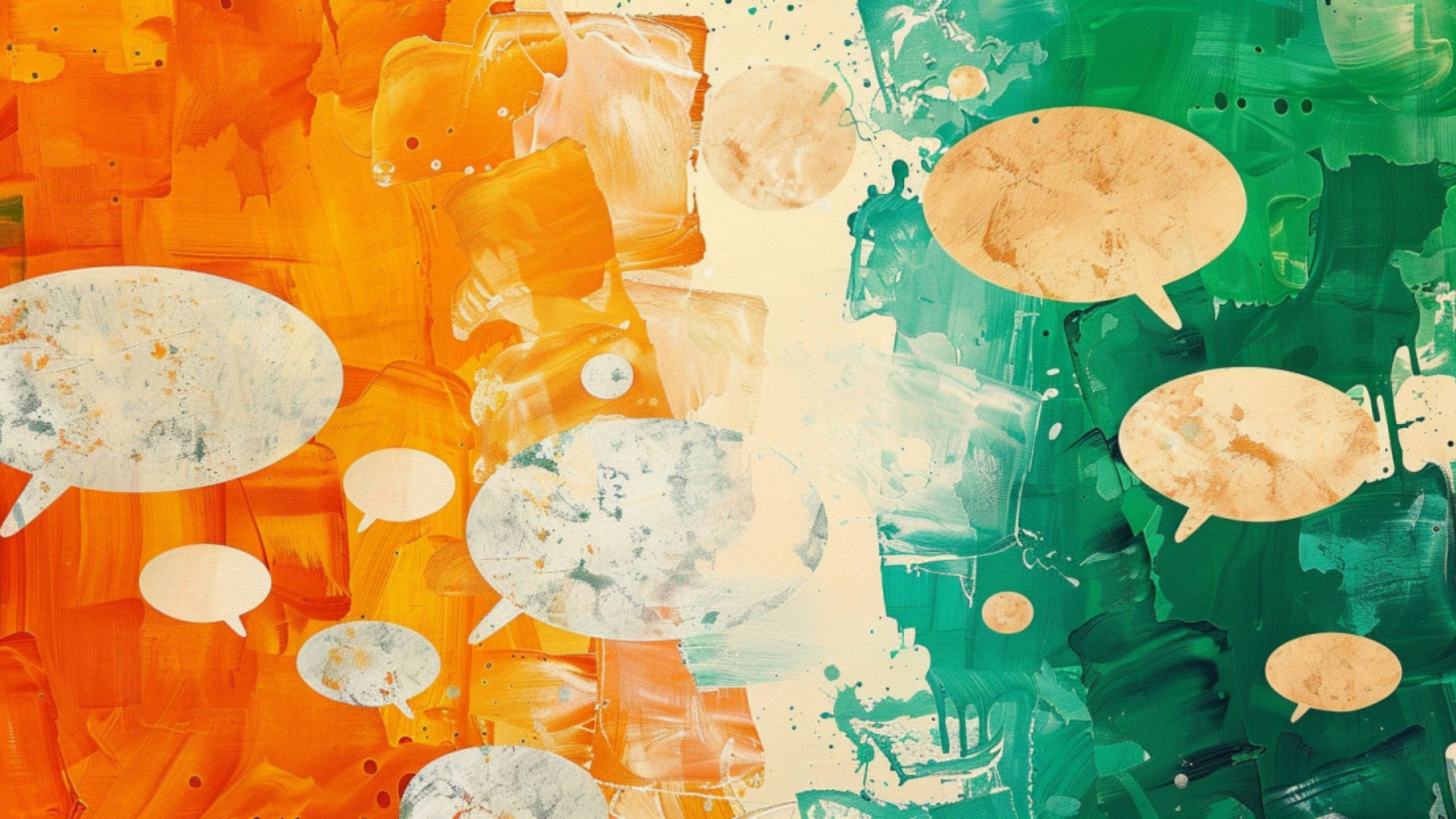Ireland is about to start implementing its Online Safety Code in November, with full implementation expected by the middle of next year.
The country’s media regulator (Coimisiún na Meán) is behind these rules that apply in all 27 EU member countries as that concerns online platforms that have their headquarters in Ireland.
The highlight of the Code is the ban on uploading and sharing a wide range of content, both user-generated (“third-party”) and commercial, in case the document defines the content as “harmful” – even in instances where it is actually not illegal under either Irish or EU law.
Critics are referring to this kind of approach as the authorities acting without “any democratic mandate,” but that doesn’t seem to bother them; instead, the highly controversial age verification has also found its way to this seemingly “para-democratic” move that does not need to be approved by Ireland’s parliament.
The age verification requirement has to do with platforms considered to permit “pornography and extreme or gratuitous violence” – and that could affect Meta’s Facebook and Instagram, X, Microsoft’s LinkedIn, Google’s YouTube, TikTok, Pinterest, Tumblr, etc., and all their users.
The Irish regulator has decided to use the “money stick” as the main instrument to ensure compliance. Thus any platform that is found to be non-compliant will be ordered to pay the equivalent of some $21.6 million in fines.
Alternatively, the figure will be 10 percent of the company’s global annual turnover – whichever is higher.
Video platforms will reportedly come under stricter scrutiny under the Online Safety Code, and will have to include the Irish regulator-mandated provision into their terms of service, banning uploading “restricted video content” – as that is described in the Code.
Ireland will be able to impose its new rules everywhere in the EU thanks to the EU’s own Audiovisual Media Services Directive 2018.
For now, “disinformation” is not a part of what the Irish regulator seeks to ban and fine, but reports say that its representatives made a note of the fact they could “make a proposal that a particular type of content should be added to the categories of harmful content.”
That proposal would then be considered by the country’s cabinet minister in charge of the media portfolio.










